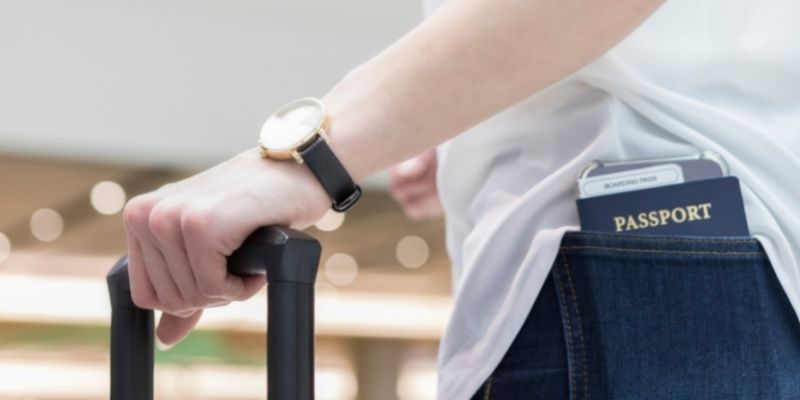The World Health Organization (WHO) released a report earlier this week declaring that international travel bans do not add additional value and should be removed or eased. The implication is that the socio-economic damage such bans cause outweighs health benefits.
Comments on what has been a controversial subject comes on the heels of a recent committee meeting known as the International Health Regulations Emergency Committee regarding the coronavirus disease. This, the tenth such meeting was held on January 13th where the committee discussed a wide-ranging series of topics, including the efficacy of international travel bans.
The event, chaired by Professor Didier Houssin, provided an update on various current events in the COVID space, including extended discussions of the impact of the Omicron variant – a variant for which many international travel bans were quickly reinstated.
Notably, the United States almost immediately banned travelers from the country of South Africa, and several other African countries, where the variant was first discovered. Subsequent research suggests the variant likely originated in other parts of the world and it was simply first discovered in South Africa.
While those travel bans have since been lifted, they proved wholly ineffective in preventing the Omicron variant from spreading, a story repeated elsewhere across the globe. And it’s that point that was vigorously discussed in the WHO meeting.
Ultimately, the committee landed on a simple precept: “…international travel bans do not provide added value and continue to contribute to the economic and social stress experienced by States Parties.“
The WHO was direct in their assessment of the effectiveness of such bans noting in plain terms, that they simply failed to prevent the spread of the Omicron variant and that the financial impact of the burden outweighs any benefit.
Their recommendation was to lift or ease such bans, and to avoid placing an undue financial burden on the traveler with actions such as quarantine, masking, isolation, etc.
Read the WHO’s full statement, below.
6. MODIFIED: Lift or ease international traffic bans as they do not provide added value and continue to contribute to the economic and social stress experienced by States Parties. The failure of travel restrictions introduced after the detection and reporting of Omicron variant to limit international spread of Omicron demonstrates the ineffectiveness of such measures over time. Travel measures (e.g. masking, testing, isolation/quarantine, and vaccination) should be based on risk assessments and avoid placing the financial burden on international travellers in accordance with Article 40 of the IHR. Â
WHO Report
The WHO also weighed in on the implications of vaccination in the international travel landscape, noting that vaccine mandates as the only pathway to permit international travel unfairly biases poorer countries who may not have widespread access to the vaccine. Their comments on this topic are noted, below.
7. EXTENDED: Do NOT require proof of vaccination against COVID-19 for international travel as the only pathway or condition permitting international travel given limited global access and inequitable distribution of COVID-19 vaccines. State Parties should consider a risk-based approach to the facilitation of international travel by lifting or modifying measures, such as testing and/or quarantine requirements, when appropriate, in accordance with the WHO guidance. Interim position paper: considerations regarding proof of COVID-19 vaccination for international travellers; Policy considerations for implementing a risk-based approach to international travel in the context of COVID-19
WHO Report
In short, WHO’s findings are clear: international travel bans aren’t working and the socio-economic implications cause far more damage.
Read the report in its entirety here.

